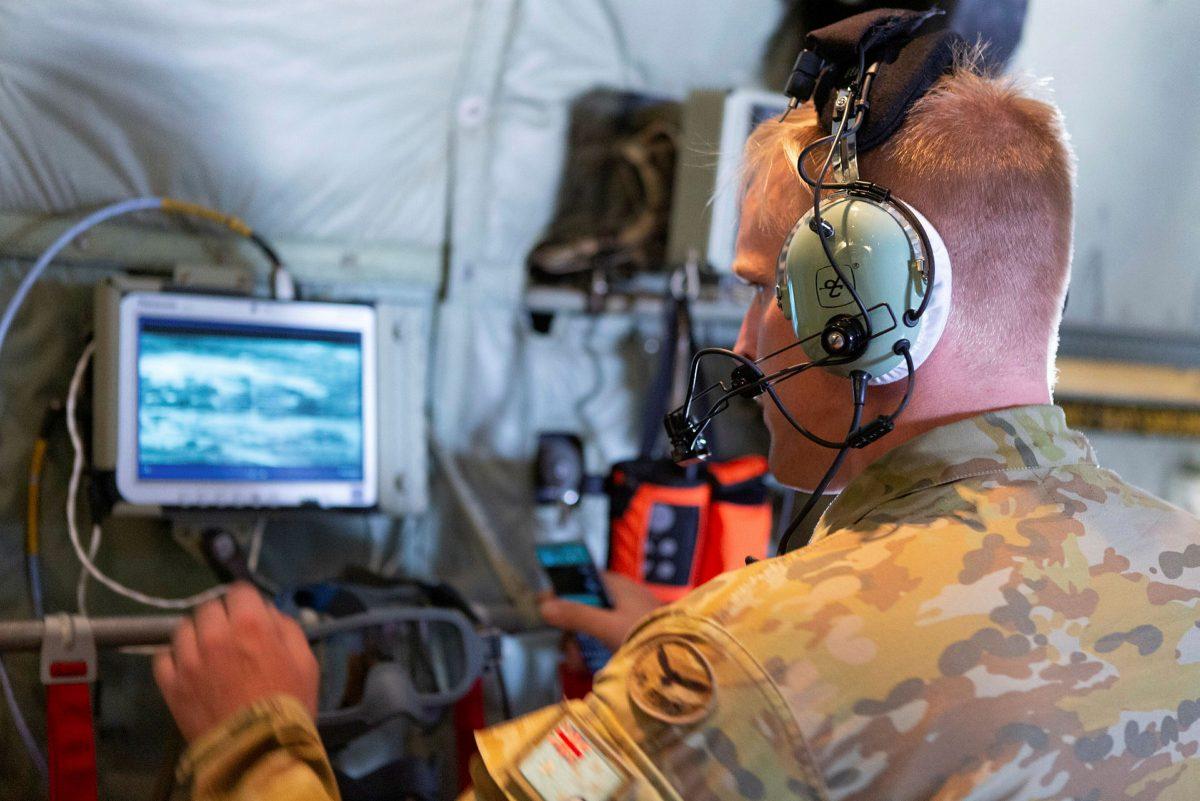
In The Strategist in July, we outlined our concept for an Australian equivalent of the US Defense Advanced Research Projects Agency (DARPA), mooted by ASPI. We envisaged this Australian version of DARPA filling the ‘valley of death’ between lab testing and demonstration of a prototype (that is, between technology readiness levels 4 and 7). It would utilise private as well as public funding, and it would provide a sovereign approach to development.
This new organisation was envisaged as working quickly, taking risks and focusing on developing the asymmetric capabilities that will be critical in any future conflict.
The importance of a new approach to Australian innovation, particularly for defence-relevant technologies, was acknowledged earlier this month in the government’s announcement of a ‘comprehensive review of Defence innovation, science and technology to help ensure the Australian Defence Force has access to the most cutting-edge capability in the world’.
But the track record of bringing Australian defence innovation into being isn’t great, with byzantine processes hindering both speed and risk taking. And the situation will worsen when we concern ourselves with software-based technologies rather than pure domain-specific hardware.
Technology advances rarely take hold in isolation and are unlikely to develop in a slow, steady and predictable fashion. They expand via the convergence of a few different technical improvements and enjoy tailwinds and feedback loops from adjacent and new products and markets.
New technologies are rarely a one-to-one replacement. Innovation opens new horizons and new capabilities and properties with new uses.
Australia also faces the economic challenges of developing systems within small markets, which means that efforts for innovation should also have dual uses in mind, not just defence.
As an example, the context for electric vehicle development was consumer electronics, mobile phones, power tools and the years of technical and economic development of lithium–ion batteries in those markets.
Would we expect the best-of-breed LiDAR-enhanced autonomous drones to be developed in isolation without ancillary-use cases and feeder markets for parts of the technology stack? Do we think cybersecurity is simply staying on top of the game of classified systems access?
The announcement of the AUKUS security partnership with an initial focus on cyber, artificial intelligence, quantum technologies and undersea capabilities provides an opportunity for change.
So, how might an Australian DARPA work?
First, technological or operational areas of interest would be advanced from the myriad organisations doing research in Australia. Research from these areas would be filtered by an independent board to identify technologies to be pursued. The agency’s role would be to take calculated risks and embrace the approach that projects don’t really fail—they provide lessons to build future success on.
Since the DARPA would develop technologies and systems with game-changing potential, the board would need the engineering, commercial and financial skills and experience to navigate technology industrialisation through the valley of death. Board members would network widely across industry and academia; they should not just be retired military officers or political appointees.
The Australian DARPA would go to industry with calls to address the selected topics, receive and evaluate proposals, and manage the development. Staff would not be public servants but would be experienced people with industry backgrounds and would be appointed for no more than five years. This staffing arrangement, based on the US DARPA practice, is extremely important to ensure that the agency is consistently refreshed with dynamic people and fresh ideas.
The director would be a respected industry person experienced in developing novel technologies and would on a time-limited tenure. The director would report to the independent board, which in turn would report directly to the minister for defence, or a delegated junior minister.
A key part of the Australian DARPA will be funding, particularly the way in which the private and the public funding streams combine. In one sense, the public funding is easy. There’s a budget allocation from government through the minister’s office and the DARPA accounts for the expenditure back through the same channel.
Private funding can play a critical role in both the provision of capital and direct industry engagement. According to Goldman Sachs, there have been 770 private international deals so far in 2021 by hedge funds with a valuation of $153 billion, and early-stage venture capital investments account for nearly three-quarters of that sum.
Private funding would be sought on a case-by-case basis depending on the technology under consideration and the potential for generating a commercial return, based on secondary (non-defence) use and the ability for licensing of that technology in several commercial subsectors. The specific opportunity to receive such licence fees—negotiated on a case-by-case basis—would be the incentive for specific private-sector funding.
The geostrategic situation is deteriorating. Australia’s challenges are growing and coming closer. While new security arrangements may be useful, they are not the only answer. Australia needs to be able to move quickly to address technological opportunities and operational imperatives. To do this, we need a dynamic innovation organisation that’s able to utilise Australia’s substantial private investor pool and that’s willing to take risks and to move decisively.
An Australian DARPA would build national industry. It would build and retain important capabilities and skills. It would build national resilience. And it would contribute to the national economy by retaining important technologies domestically.
It’s time for an Australian DARPA.